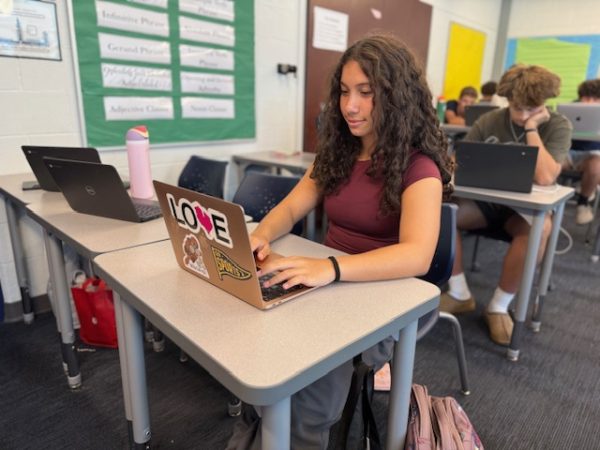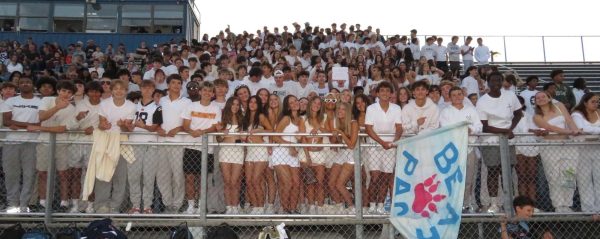The Rise of Sports Gambling Among Teenagers
High schoolers are not only active sports watchers, but they’re also prominent participants in the world of sports betting. As the popularity of online sports gambling continues to rise, more and more teenagers are becoming involved in the activity. However, before placing any bets, it is essential to be aware of the potential consequences of this newfound hobby. Sports betting can have a significant impact on the lives of young people. From the thrill of a big win, to the disappointment of a loss, there is so much to be invested in this craze. In this article, we will dive into the world of teenage sports gambling and explore the reasons why indulging in this intriguing yet potentially risky hobby may not be in teens’ best interests.
The Professional and Amateur Sports Protection Act (PASPA) was passed in 1970 by Congress, effectively making sports betting illegal in all states except Oregon, Nevada, Montana, and Delaware, because their laws already specifically permitted sports betting. However, in 2018, the Supreme Court ruled that PASPA was unconstitutional, giving states the authority to decide whether or not to allow sports betting, which many did. In December 2019, Governor Gretchen Whitmer signed a bill to legalize sports betting and online gambling in Michigan. Legalized sportsbooks became available in casinos in 2020, but online sportsbooks did not become available until January 2021. The legal age to place a sports bet in Michigan is 21, but according to the National Council on Problem Gambling, that doesn’t explain why and how 60 to 80 percent of high school students reported having gambled for money in 2022.
For high schoolers, gambling can have serious and lasting consequences, with addiction being the most extreme threat to young people who engage in this dangerous yet sometimes rewarding hobby. Habits are formed through repetition and reinforcement, and once established, they can be difficult to break. While gambling may first start as a form of entertainment, it can quickly spiral out of control, leading to financial ruin, broken relationships, and mental health issues. The developing brains of teens may not fully understand and comprehend the long-term effects of their actions, making them particularly vulnerable to the dangers of the few simple clicks of buttons on their phones. This is why gambling companies target young adults and teenagers, hoping to build a customer base that will last for years—even decades. It is critical for young people to understand the risks and consequences of gambling, so they can make informed decisions and avoid a path that could negatively impact the rest of their lives.
High school students are not legally able to gamble, yet online sportsbooks are easily accessible at their fingertips via their phones, creating a concerning and effortless pathway for teens to start gambling. According to an anonymous source, referred to here as “John Doe”, teens are finding new ways to access these websites.
“I view gambling as a hobby or even a sport that I engage in during my free time,” says Doe. By using a parent’s information, he has been able to gamble on Fanduel, an online sportsbook, for over a year now. This is a common method for underage individuals to access these sites, sometimes with their parent’s consent, sometimes without it.
Obviously, the main reason people gamble is for the profit. Doe has spent about $1,700 and has made a profit of about $500, and feels comfortable discussing his bets with his parent, who gave him permission to gamble. However, he notes that teens who use their parents’ information to gamble face the challenge of keeping their behavior hidden and face the risk of addiction or significant financial loss.
Doe says, “Hiding the fact that you are gambling away from your parents is already bad; your only option is to keep on gambling because you don’t want to face the consequences from your parents.”
Doe sees gambling as a sport and competition against his parent. They compare their winnings and share their experiences. He also watches YouTube videos to make informed decisions. Doe recognizes that there will be ups and downs in his gambling journey, but more importantly, he is aware of the consequences.
“Gambling is not my only source of income or job. I try to use outside information to make my bets, but sometimes it doesn’t work, and that’s okay,” says Doe. He believes that there needs to be more awareness about the negative effects of gambling and resources for those in need. “You never know. I may need it one day,” he adds.
Senior Jonah Wolfe explains his point of view on the matter, stating how “teens are hooked on hitting these very unlikely parlays.” A parlay is a type of bet where you combine multiple bets into one wager. Bets can be placed on separate sporting events or on the same event but with different outcomes. A parlay bet, for example, would combine a bet on a football team to win their game with a bet on a basketball team to win their game. The catch is that all bets included must be correct for the person to win the bet. Young bettors are more attracted to this form of betting because it offers the potential for a massive payout. Wolfe refers to these as the “real trap” of why so many high school students are now placing bets.
Fellow Senior Alex Basmadjian agrees with Wolfe but also throws an insightful comment on the situation, saying, “99% of gamblers quit before they win big.” Although that observation is correct, Basmadjian also comments on how social media plays a role in these circumstances, saying, “I believe we are trending in the wrong direction. Celebrities are now endorsing or promoting betting websites and apps to their fans, and they may not take into account the ages of their followers.”
When asked what students should do to help solve or spread awareness about the problem, Wolfe replied, “As students … , it’s critical for everyone to understand the dangers of gambling and make informed decisions about our involvement in it.” Basmadjian quickly added on, suggesting, “Our teachers, parents, and school administration should play an important role in educating us about the potential risks and helping us make more responsible decisions.”
With many high schoolers in the dark about understanding the extreme consequences that could follow, the future of some students is at risk. Heather Eshleman, who is the prevention manager at the Maryland Center of Excellence on Problem Gambling at the University of Maryland School of Medicine, sums it up perfectly by saying, “A lot of youth don’t think of gambling as a problem. They don’t think it’s risky behavior… nobody talks about it, and that’s the real issue.”
Hey everyone! My name is Henry Robertson. This year I will be an assistant sports editor to the amazing Sarah Cantor! I’m a junior and this is my first...
Hey everyone! My name is Henry Robertson. This year I will be an assistant sports editor to the amazing Sarah Cantor! I’m a junior and this is my first...







